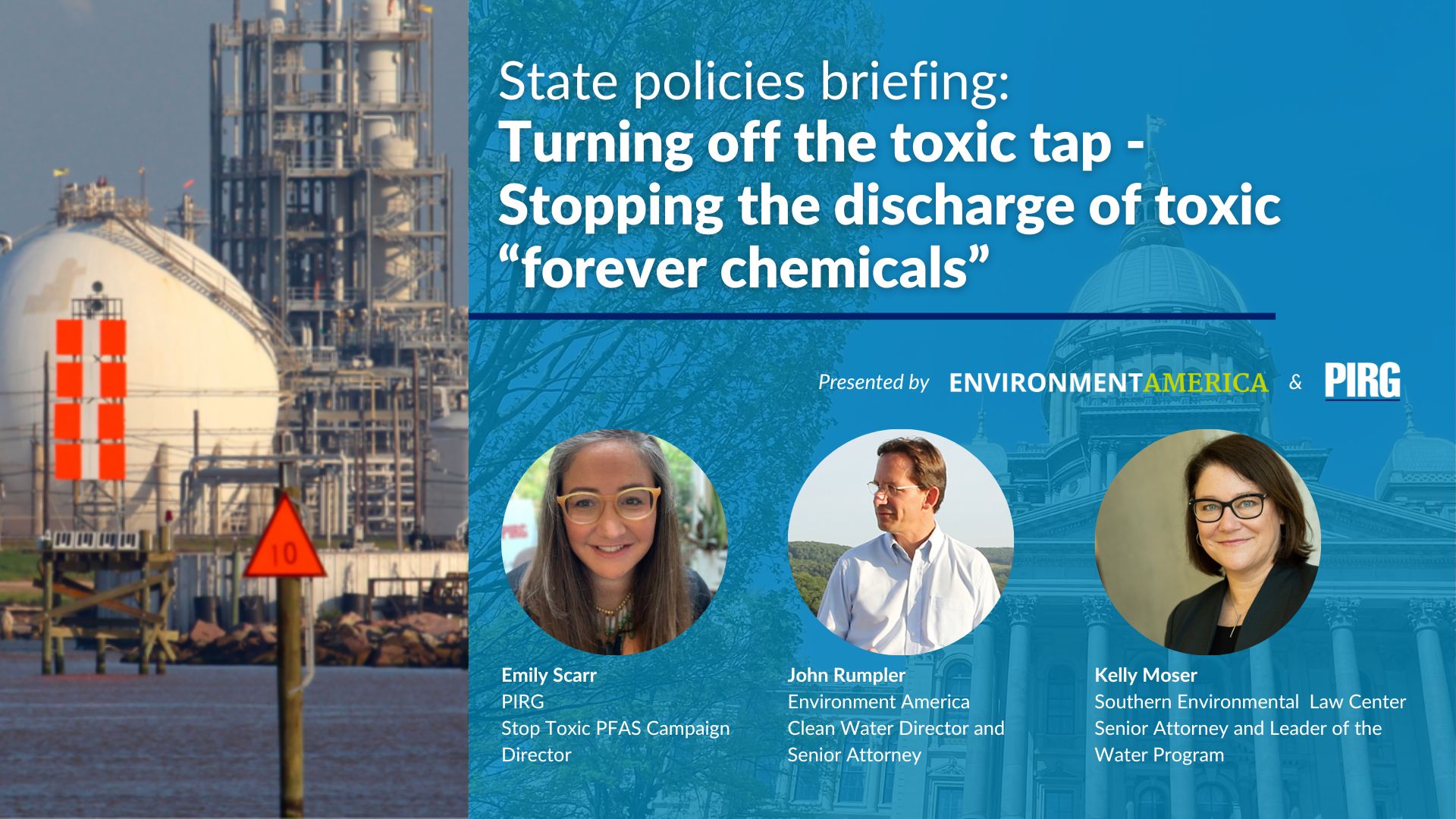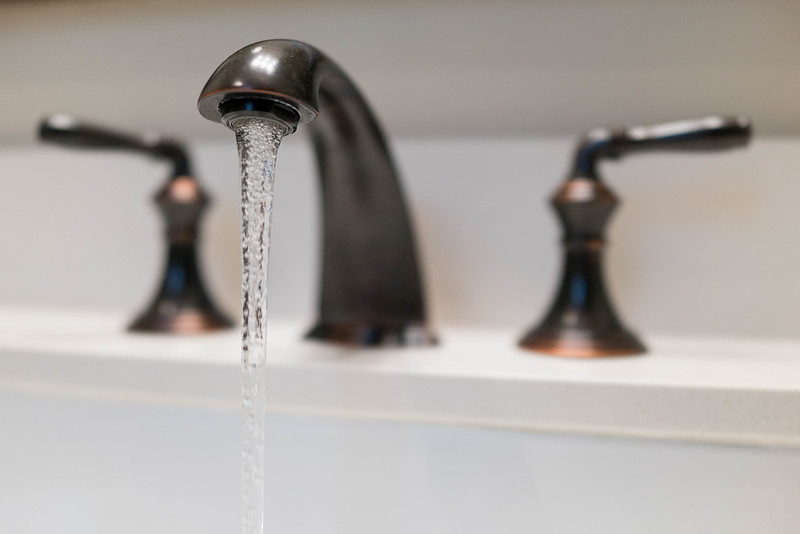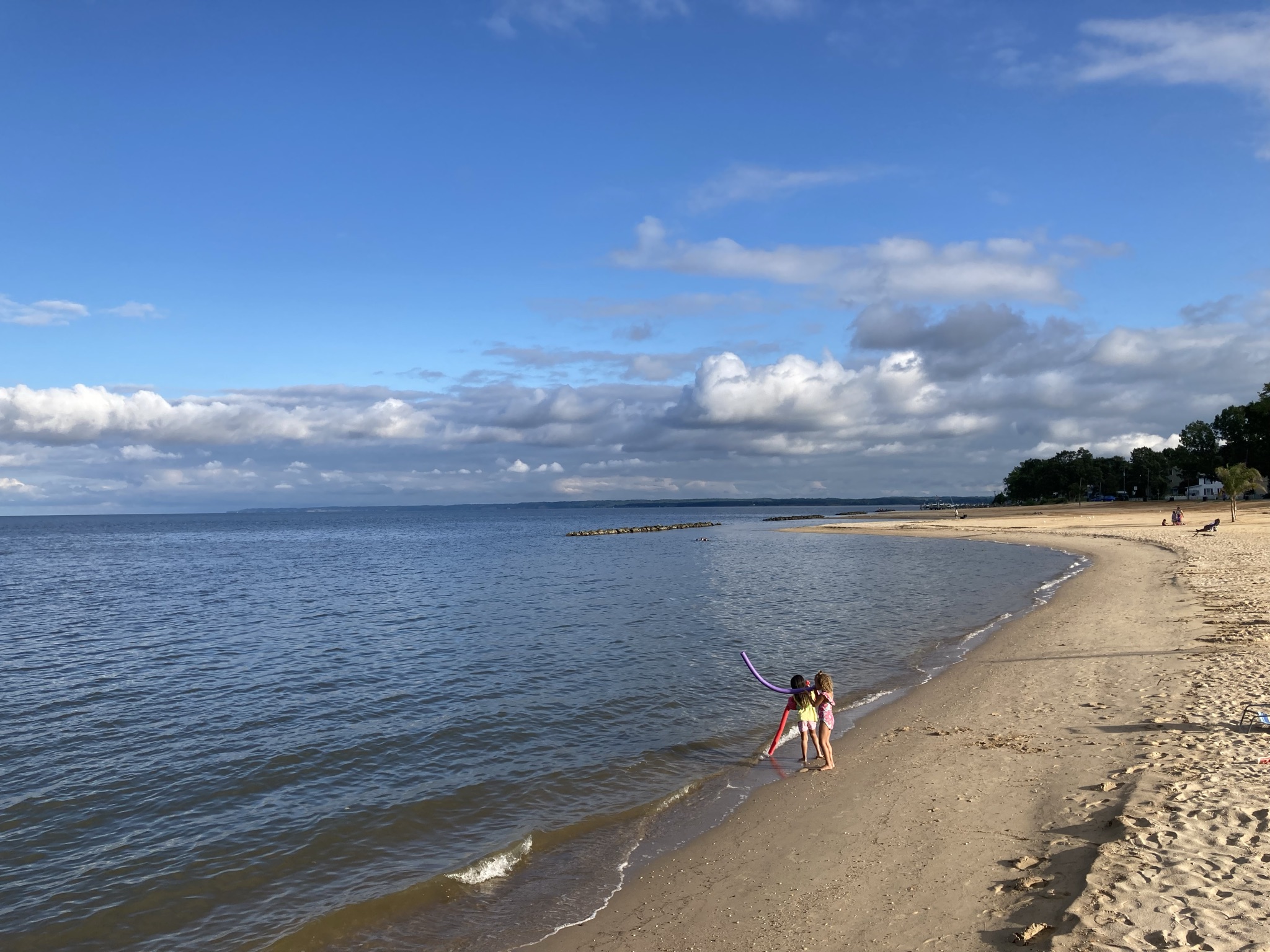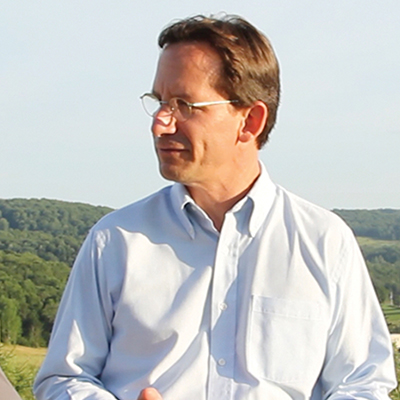
Event highlights role of states in stopping industries from dumping toxic PFAS
On Wednesday, experts from PIRG, Environment America and Southern Environmental Law Center discussed what states can do to stop contamination of PFAS from industrial sources.

On Wednesday, experts from PIRG, Environment America and Southern Environmental Law Center discussed what states can do to stop contamination of PFAS from industrial sources.
Per- and polyfluoroalkyl substances, more commonly known as PFAS, are dangerous for public health. PFAS are often called “forever chemicals” because they don’t break down in our bodies or the environment, and build up over time. Exposure to PFAS can cause kidney cancer, thyroid disruption, reduced responses to vaccination, and other health problems.
Turning off the Toxic Tap Webinar
Emily Scarr, PIRG’s Stop Toxic PFAS Campaign Director gave background on PFAS, its impacts, known contamination and PIRG’s comprehensive platform to address the problem. Much of her presentation drew on the 2023 report “The Threat of Forever Chemicals,” of which she is a co-author.
We heard from Kelly Moser, a Senior Attorney and Leader of the Water Program with the Southern Environmental Law Center. She shared experiences with industrial contamination on the ground in North Carolina. She talked about what they learned, and how states can (and should) stop the discharge of PFAS at the source before the chemicals taint our waterways and drinking water. She also pointed out what legislatures can do to make sure this happens through funding and oversight.
John Rumpler, Environment America’s Clean Water Program Director and Senior Attorney spoke about legislative options and our strategies to win.
Many states are making significant progress on restricting PFAS use. Maine has even passed a law to stop the use of all PFAS by 2030 and many others have passed laws restricting use the use of these chemicals in firefighting foams, food packaging, textiles or other products.
We need to completely phase out PFAS use and stop its use in manufacturing, but the shift won’t happen overnight. For the near term, industries still using PFAS should not be dumping them into our waterways, sending them to sewage treatment plants, or releasing them in stormwater.
Watch the webinar to learn more.
Topics
Authors
Emily Scarr
State Director, Maryland PIRG; Director, Stop Toxic PFAS Campaign, PIRG
Emily directs strategy, organizational development, research, communications and legislative advocacy for Maryland PIRG. Emily has helped win small donor public financing in Baltimore City, Baltimore County, Howard County, Montgomery County, and Prince George's County. She has played a key role in establishing new state laws to to protect public health by restricting the use of antibiotics on Maryland farms, require testing for lead in school drinking water and restrict the use of toxic flame retardant and PFAS chemicals. Emily also serves on the Executive Committees of the Maryland Fair Elections Coalition and the Maryland Campaign to Keep Antibiotics Working. Emily lives in Baltimore City with her husband, kids, and dog.
John Rumpler
Clean Water Director and Senior Attorney, Environment America
John directs Environment America's efforts to protect our rivers, lakes, streams and drinking water. John’s areas of expertise include lead and other toxic threats to drinking water, factory farms and agribusiness pollution, algal blooms, fracking and the federal Clean Water Act. He previously worked as a staff attorney for Alternatives for Community & Environment and Tobacco Control Resource Center. John lives in Brookline, Mass., with his family, where he enjoys cooking, running, playing tennis, chess and building sandcastles on the beach.
Find Out More

Environment Minnesota’s Program Agenda for 2024

A look back at what our unique network accomplished in 2023

Got PFAS?


